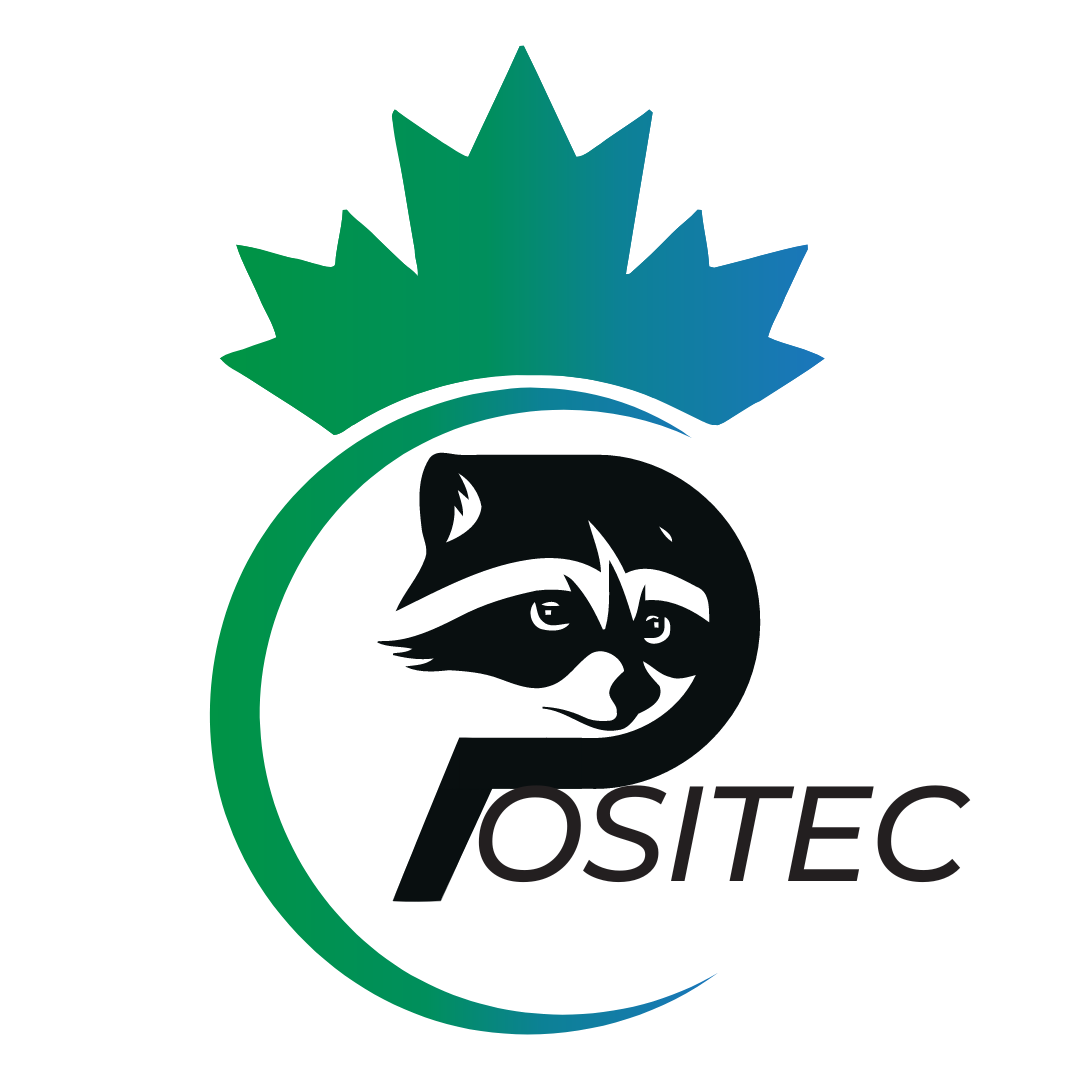
Pest control plays a vital role in ensuring food safety and public health. Pests such as rodents, cockroaches, and flies can carry disease-causing microorganisms and contaminate food and food preparation surfaces. Failure to control pests in food handling and preparation areas can lead to outbreaks of foodborne illnesses, which can cause severe health problems and even death.
Effective pest control measures are necessary to maintain a safe and hygienic food environment. These measures can be achieved through integrated pest management (IPM), a comprehensive approach to pest control that combines multiple strategies to prevent and manage pest infestations.
One of the primary components of IPM is prevention. By implementing good sanitation practices, food businesses can reduce the likelihood of pests finding a hospitable environment. This includes proper storage and disposal of food waste, regular cleaning of food preparation areas, and sealing any cracks or openings in walls and floors that could provide entry points for pests.
In addition to prevention, IPM also incorporates monitoring and early detection of pest activity. This can involve using traps and other monitoring devices to detect and identify pests before they become a severe problem. Once pests are detected, appropriate control measures can be implemented, including using pesticides or non-chemical methods such as exclusion, habitat modification, and biological control.
Effective pest control not only helps to prevent foodborne illness but also protects the integrity of the food supply. Pests can cause significant economic losses to the food industry through damage to food products and equipment and loss of customer trust and reputation.
In some cases, pests can also lead to regulatory violations and legal action, which can be costly and damage a business’s reputation. Food businesses can protect their customers, products, and bottom line by implementing effective pest control measures.
In conclusion, pest control is essential to food safety and public health. By implementing integrated pest management practices, food businesses can prevent and manage pest infestations, reduce the risk of foodborne illness, and protect the integrity of the food supply. Effective pest control benefits not only the food industry but also consumers, who can have confidence in the safety and quality of the food they consume.
